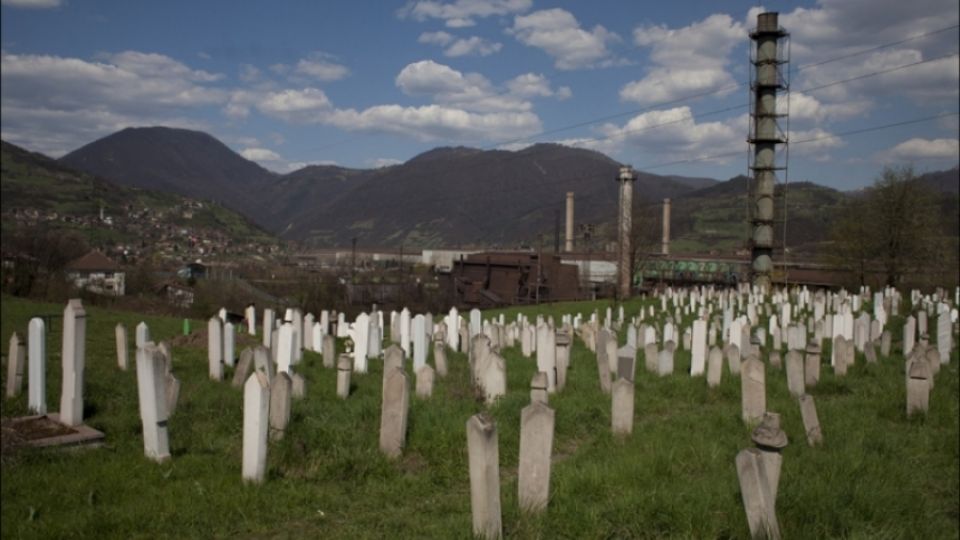Bosnia and Herzegovina is the country with the most polluted air in Europe (1). One of the reasons is ineffective system which regulates industrial facilities and allows for low technical standards. Such is the conclusion of the new study of non-governmental organizations from Bosnia and Herzegovina and the Czech Republic (2). Experts advise to introduce an integrated permitting process (3) which is widely used in EU countries and to launch publicly available pollution database. They also call for harmonized legislation on environmental protection for the whole country (4). The state authorities should comply with administrative procedures and involve the citizens in environmental decision making.
“Permitting industrial facilities in Bosnia and Herzegovina is fragmented and chaotic. Although just few dozen kilometers from the EU border, majority of the factories do not fulfil Bosnian or European standards and produce enormous pollution of air, soil and water, causing serious consequences on human health,” says Martin Skalsky from Czech non-governmental organization Arnika. “We suggest introducing the integrated permitting system that gives more power to the state authorities, enables enforcing of the best available techniques, and opens larges space for the participation of the public.”
Integrated permitting is obligatory in all EU countries. Instead of many separate permissions for emissions to air and water, waste management, impact on nature, and other issues, authorities issue only one joint decision. The European system is based on the compulsory use of so called Best Available Techniques – the most advanced and environmentally friendly technologies.
A new study analyzes practical experience with environmental permitting in Bosnia and Herzegovina, on examples of power plants in Tuzla and Banovici, tire processing plant in Lukavac, and metallurgical complex ArcelorMittal in Zenica. The results are not optimistic.
“The public authorities often violate administrative procedures, exceed deadlines, and make favors to the industry. Even our technical standards are much lower than those in the EU, and investing in the best available techniques is not considered obligatory,” explains Samir Lemes, expert of the non-governmental organization Eko forum Zenica. “The steelworks ArcelorMittal operated for three years without a valid permit, and the respective ministry spent too much time to issue new decisions. When it finally happened, the emission limits were set even less strict than already low national requirements. Such systems do not protect our environment or health at all,” adds Lemes.
Bosnia can look up to a number of countries for a functional and transparent environmental permitting system. The closest example, Croatia, has a successful record of accomplishment in preparing and implementing national environmental protection and strategy plans. Over the years, Croatia has made significant progress in strengthening the existing regulations and adopting new environmental legislation in various sectors like air quality or waste management.
Notes for editors:
1) World health statistics 2017: monitoring health for the Sustainable Development Goals (World Health Organization, Geneva, 2017)
2) Environmental permitting system in Bosnia and Herzegovina. From fragmented to integrated pollution prevention and control: Comparative analysis of permitting systems and methods
3) More details on Integrated Pollution Prevention and Control (IPPC)
4) Bosnia and Herzegovina has a complex, multi-tiered, and overlapping system of governance unmatched, to such an extent, to virtually any other country in the world (it has certainly the most complicated system of governance in Europe). The system produces dysfunctional institutions at all administrative levels, which are unable to create uniform policies and legal framework void of contradictory legislation, including efficient transposition of EU environmental acquis. (For more info, read the above mentioned publication, page 7).







